Israeli President Isaac Herzog, in an interview with Sky News (UK) on April 14, said Israel is “considering all options” after Iran’s massive drone and missile attack on Israel a day earlier, describing the event as a “declaration of war”.
“Each of us should look and ask ourselves, what would we do if we were attacked in such a ferocious manner,” Mr Herzog told the British media outlet.
Asked whether he thought Israel should respond to the attacks by retaliating against Iran, President Herzog said Israel was “considering all options.”
“Now, because we are restrained and because we know the consequences and because we have considered them with our partners, we are looking at all options. And I am quite confident that we will take the necessary steps to protect our people. We are doing so. We are not war seekers,” Herzog said.
The wartime cabinet chaired by Israeli Prime Minister Benjamin Netanyahu met on the afternoon of April 14 to discuss possible responses to a large-scale Iranian attack directed at Israel. An Israeli official familiar with the talks said no decision had been made by the end of the day, the AP news agency reported.
Asked by the AP about the retaliation plan, Rear Admiral Daniel Hagari, a spokesman for the Israeli Defense Forces (IDF), declined to comment directly, saying only: “We are at a high state of readiness on all fronts.
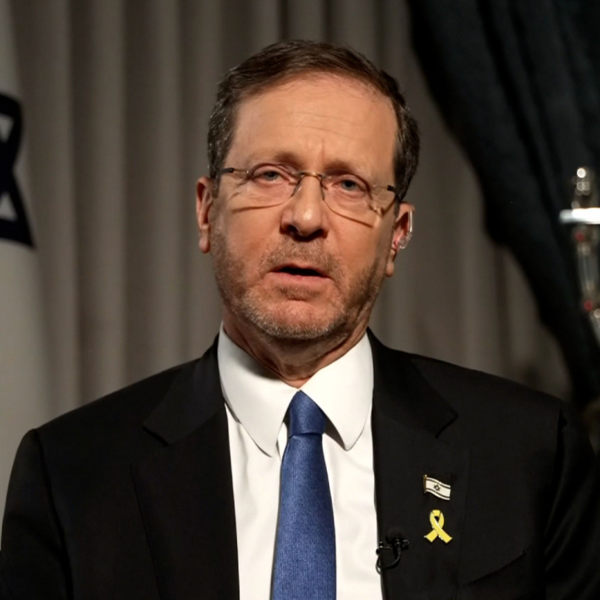
Objects are seen in the sky over Jerusalem after Iran launched drones and missiles towards Israel, April 13, 2024. Photo: Jerusalem Post
Earlier, late on April 13, Iran launched an attack in response to an attack believed to have been carried out by Israel on the Iranian consulate building in Syria on April 1 that killed two senior Iranian generals.
By the morning of April 14, Iran said the attack had ended and Israel had reopened its airspace. Iranian President Ebrahim Raisi said Iran had taught Israel a lesson and warned that “any new adventures against Iran’s national interests will be met with a more severe and regrettable response from the Islamic Republic of Iran.”
The two sides have been engaged in a shadow war for years, but the April 13 attack was the first time Iran has launched a direct military attack on Israel, despite decades of hostility since 1979.
Israel said about 300 drones and missiles were launched by Iran toward the country, but more than 99% of what Iran fired was intercepted, with only a few missiles getting through. An Israeli air base suffered minor damage.
Over the years, Israel has built up – often with US help – a multi-layered air defense network that includes systems capable of intercepting a variety of threats, including long-range missiles, cruise missiles, short-range missiles and UAVs.
That system, along with cooperation with the US and others, helped prevent what could have been a much more devastating attack at a time when Israel was deeply involved in Gaza and engaged in low-level fighting on its northern border with Lebanon’s Hezbollah militia, both of which are backed by Iran.
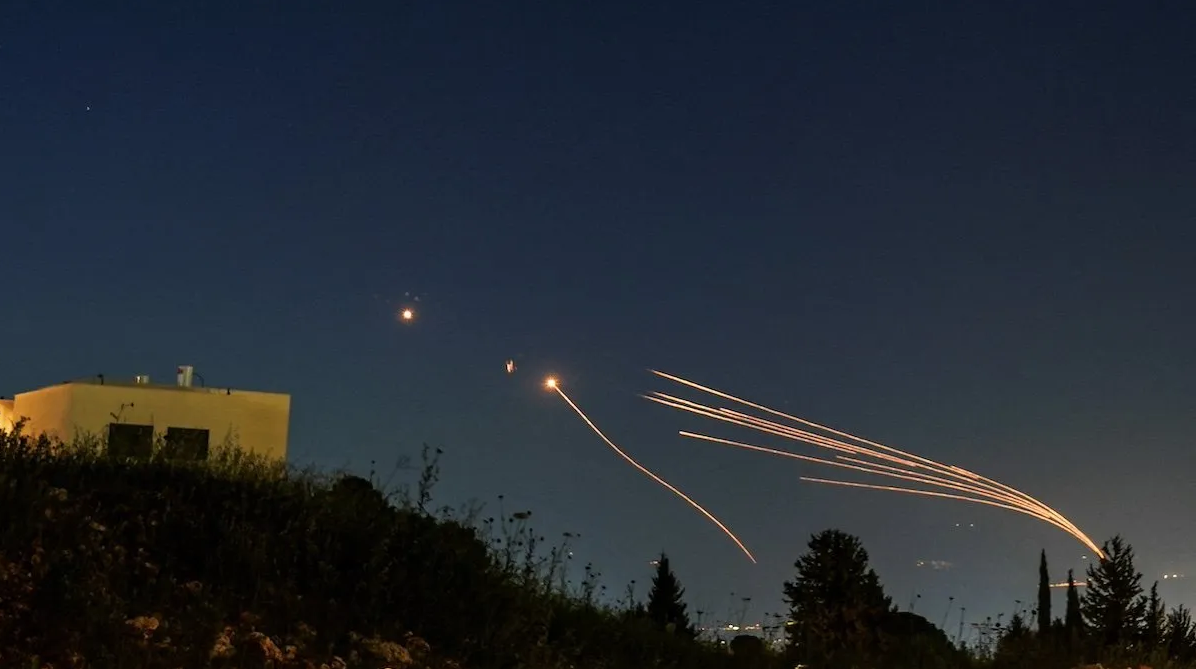
Israel's Iron Dome system intercepting a rocket launched from Lebanon towards Israel is seen in northern Israel, April 12, 2024. Photo: GZero Media
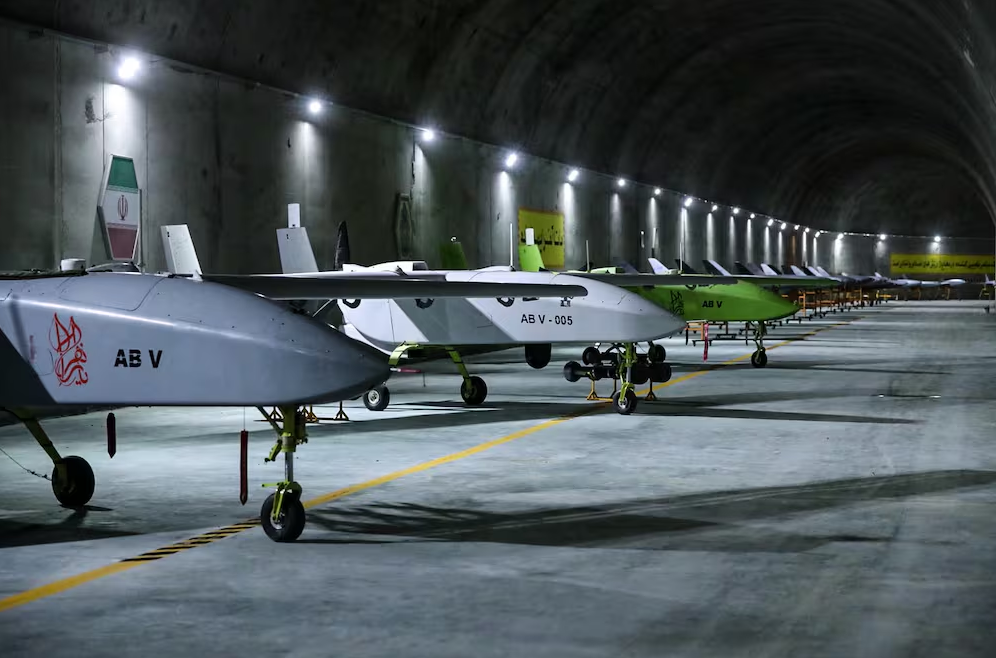
An underground drone base, at an undisclosed location in Iran. Photo: The National News
While stopping Iran's onslaught could help restore Israel's image after Hamas's attack last October, what the country with the best-equipped military in the Middle East does next will be closely watched in the region and in Western capitals.
Hamas welcomed the Iranian attack, saying it was a “natural and deserved response” to the attack in Syria. It called on Iran-backed groups in the region to continue supporting Hamas in the fight.
Hezbollah also welcomed the attack. Almost immediately after the fighting in Gaza broke out, Hezbollah began attacking Israel's northern border. The two sides have been engaged in daily gun battles, while Iranian-backed groups in Iraq, Syria and Yemen have launched rockets and missiles into Israel .
Minh Duc (According to AP, Newsmax, A News)
Source






















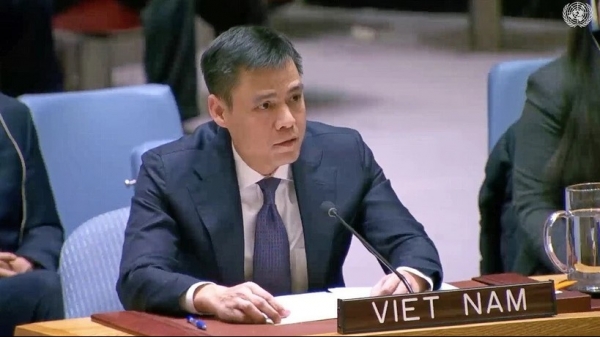

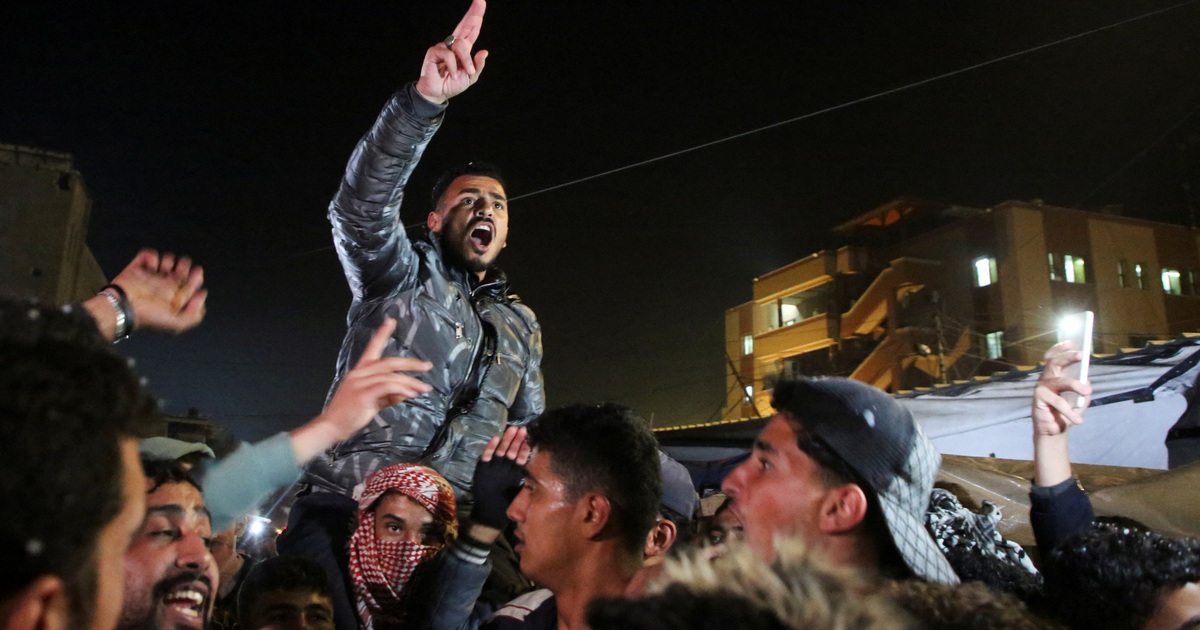

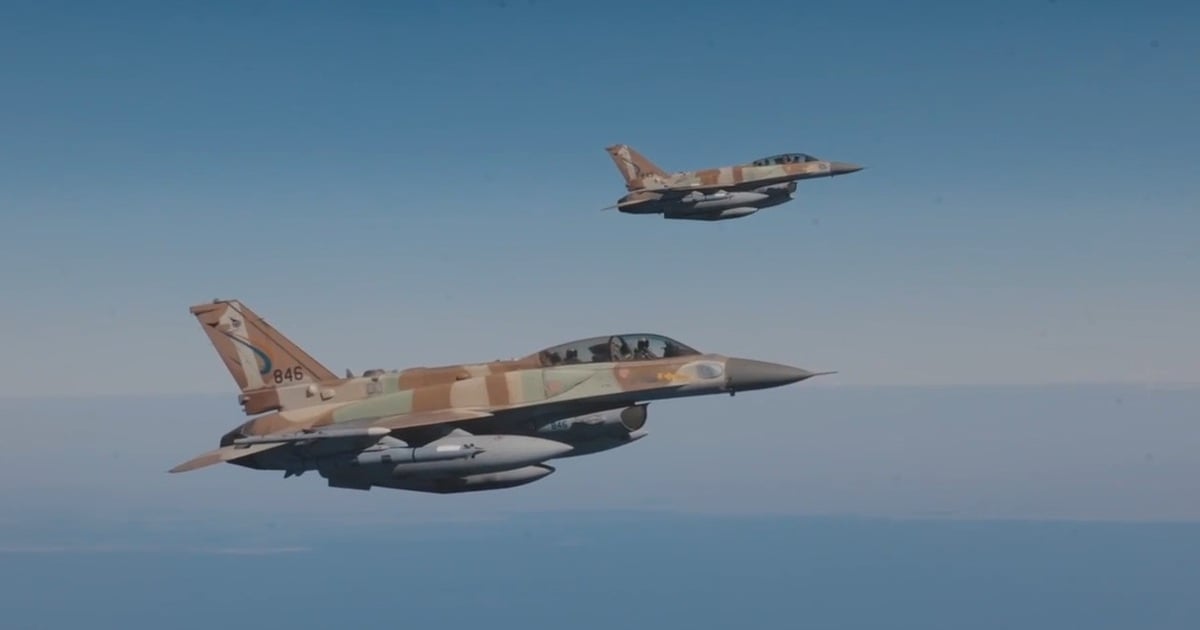
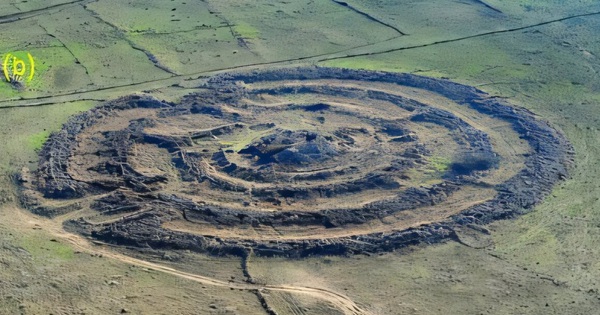

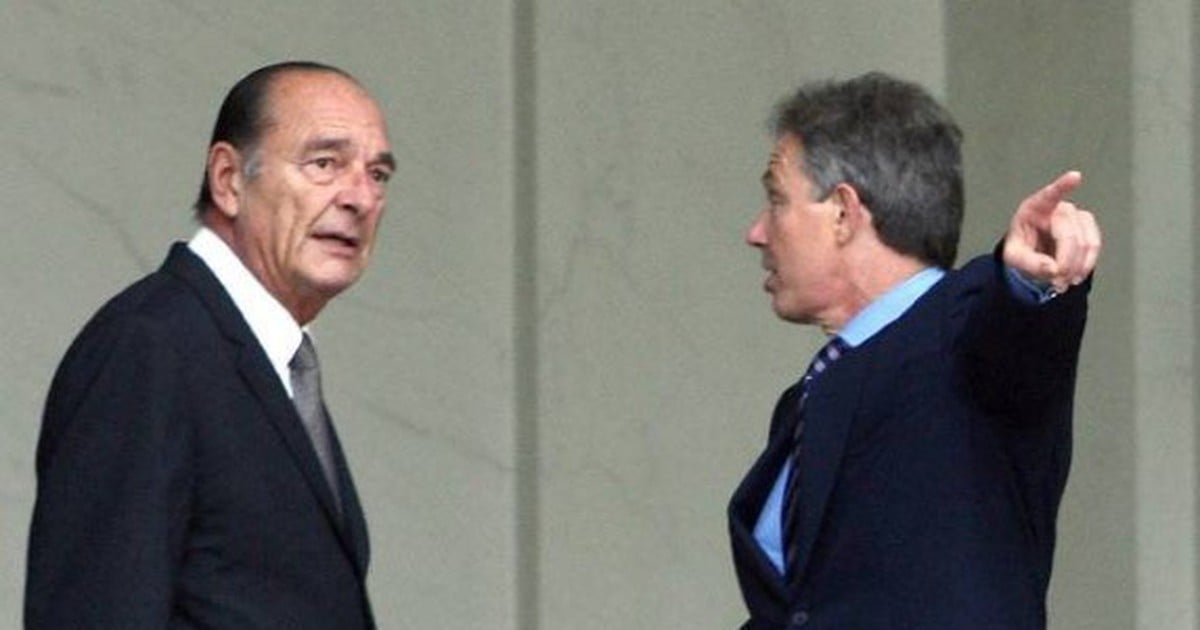
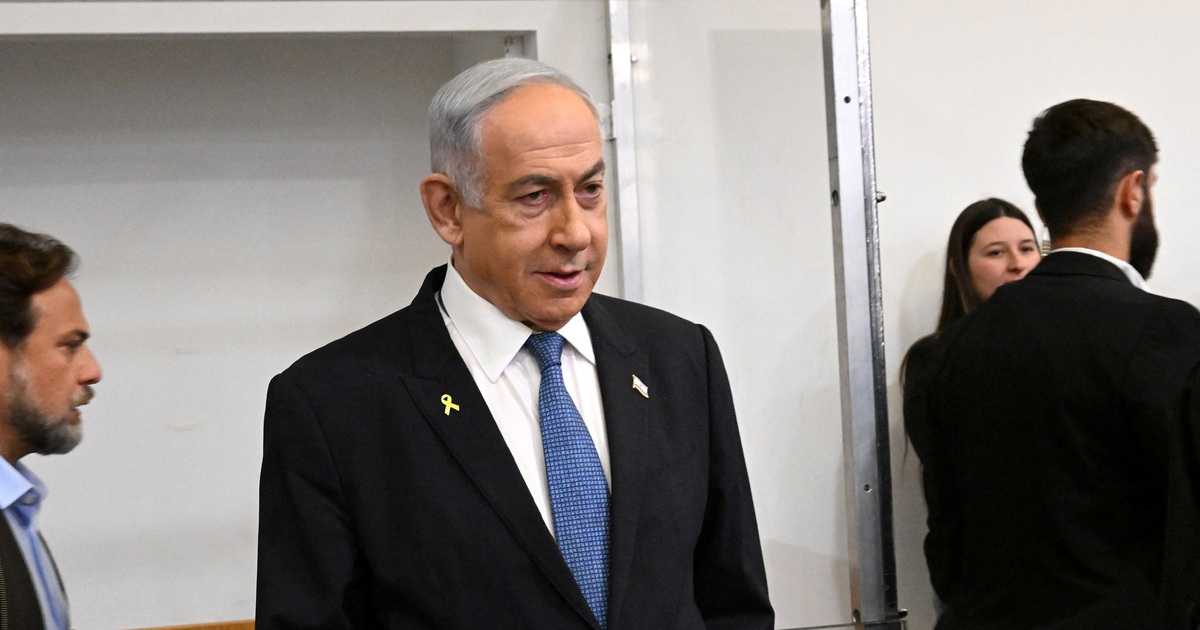









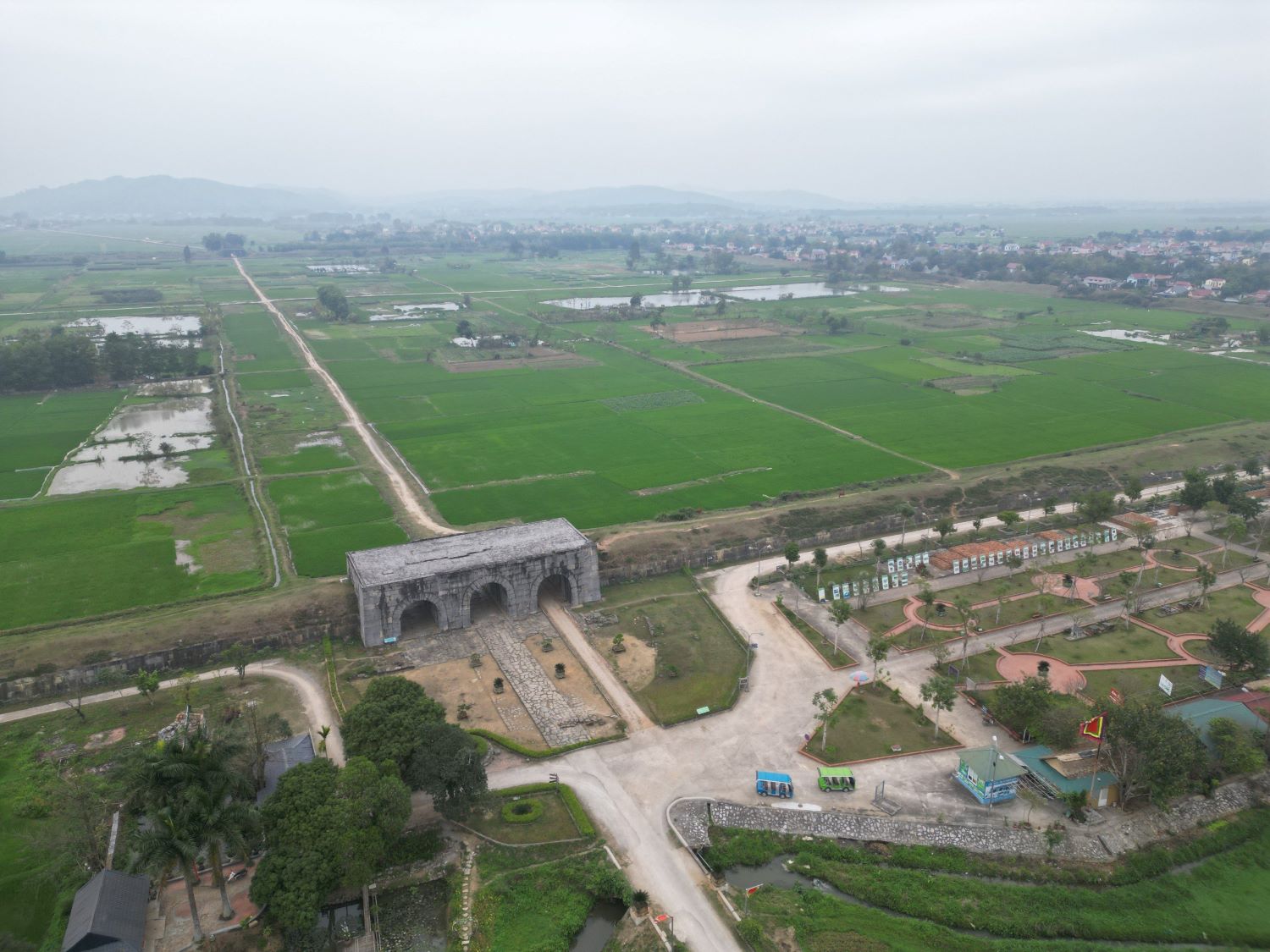


















Comment (0)